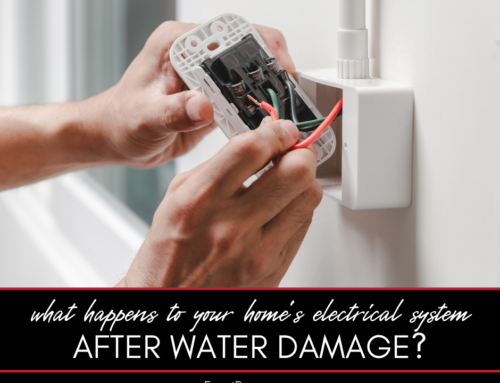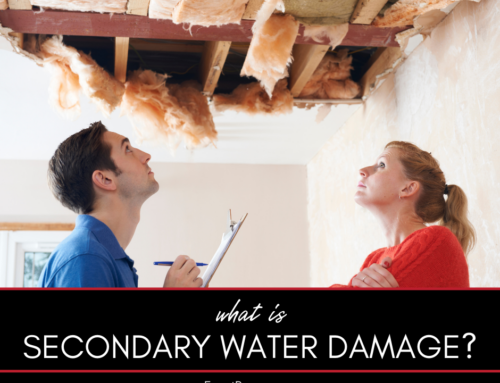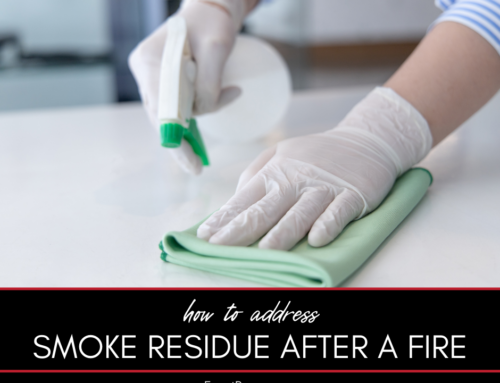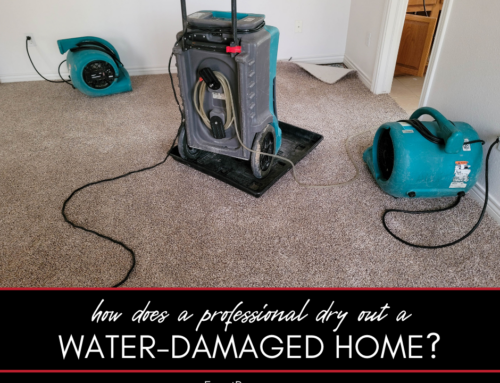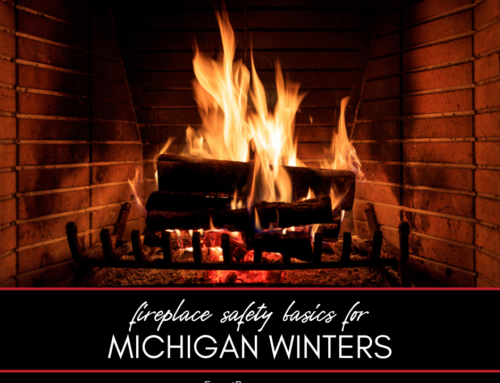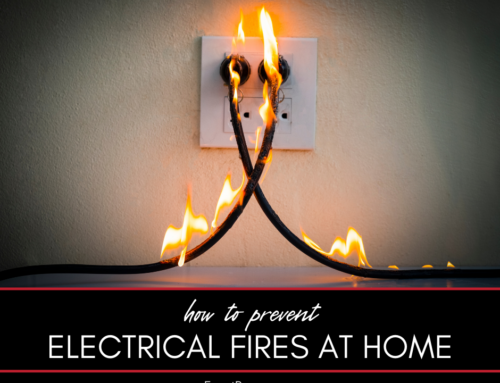
As severe weather becomes increasingly common due to climate change, flooding and other damaging weather events are impacting more and more communities. When it comes to knowing the risk of flooding where you live you don’t have to be left in the dark.
A nationwide flood model known as Flood Factor shows the risk of flooding in any location in the contiguous 48 states, and how changes in climate over time affect the likelihood that a particular community will flood. The system is free to the public, is the first model of its kind, and is used by home search site realtor.com to provide flood data to house hunters.
Being aware of increases in your flood risk can help you make changes that prevent or mitigate damage to expensive infrastructure on your property that’s located on the exterior or interior basement or ground levels, like your HVAC and home wiring. Consider these ways to help prevent flood damage to these important systems.
Relocating Your HVAC or Protecting It in Place
Heating, ventilating, or cooling equipment can be relocated to a higher level of your home if there is space to accommodate it. If your equipment can’t be relocated it can be protected in place by using floodwalls, or tie-downs and anchors.
A concrete floodwall can be constructed around your equipment without it having to be moved. If your appliances are tall a floodwall can be built with an opening for a removable shield so that the equipment can be accessed.
Tie-downs and anchors make it so that above-ground fuel storage tanks don’t get carried off during a flood. Tanks are tied down using metal straps or cables that wrap around the tank and connect to anchors that are secured into the earth.
Relocating Wiring
Wiring for incoming electricity, telephone service, and cable TV can be mounted higher up on the wall where they are currently located, but above the base flood elevation, or BFE. Wiring that’s below the BFE and can’t be relocated should be encased in plastic pipe or non-corrosive metal so that it’s easier to replace if it becomes damaged during a flood.
If possible, you should relocate electrical panels above flood levels, too, which may mean a move that’s above the lowest floor. This may require a service disconnect in order to comply with National Electric Code (NEC) requirements. When relocating electrical panels you may have to replace some house wiring in order to be in compliance with local code. You can work with your local electric utility to see if relocation in your home is possible and to determine an optimal location.
Do You Need a Disaster Remediation Expert in Washtenaw County or Jackson County?
If your home has already been damaged, we can help. Check out our services and call Exact Recon for your free disaster remediation quote today. We offer:


